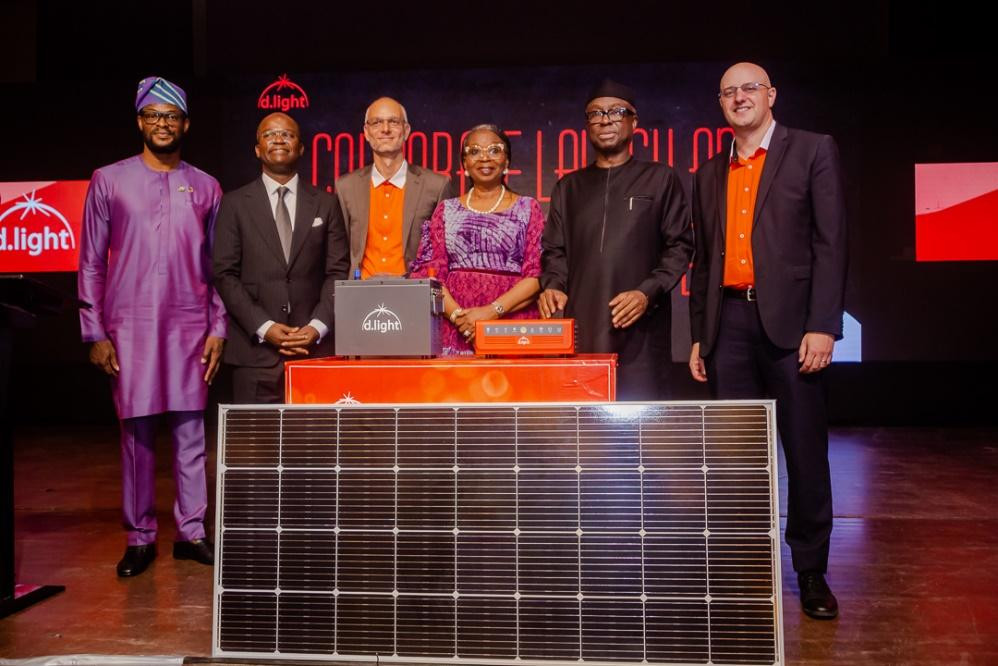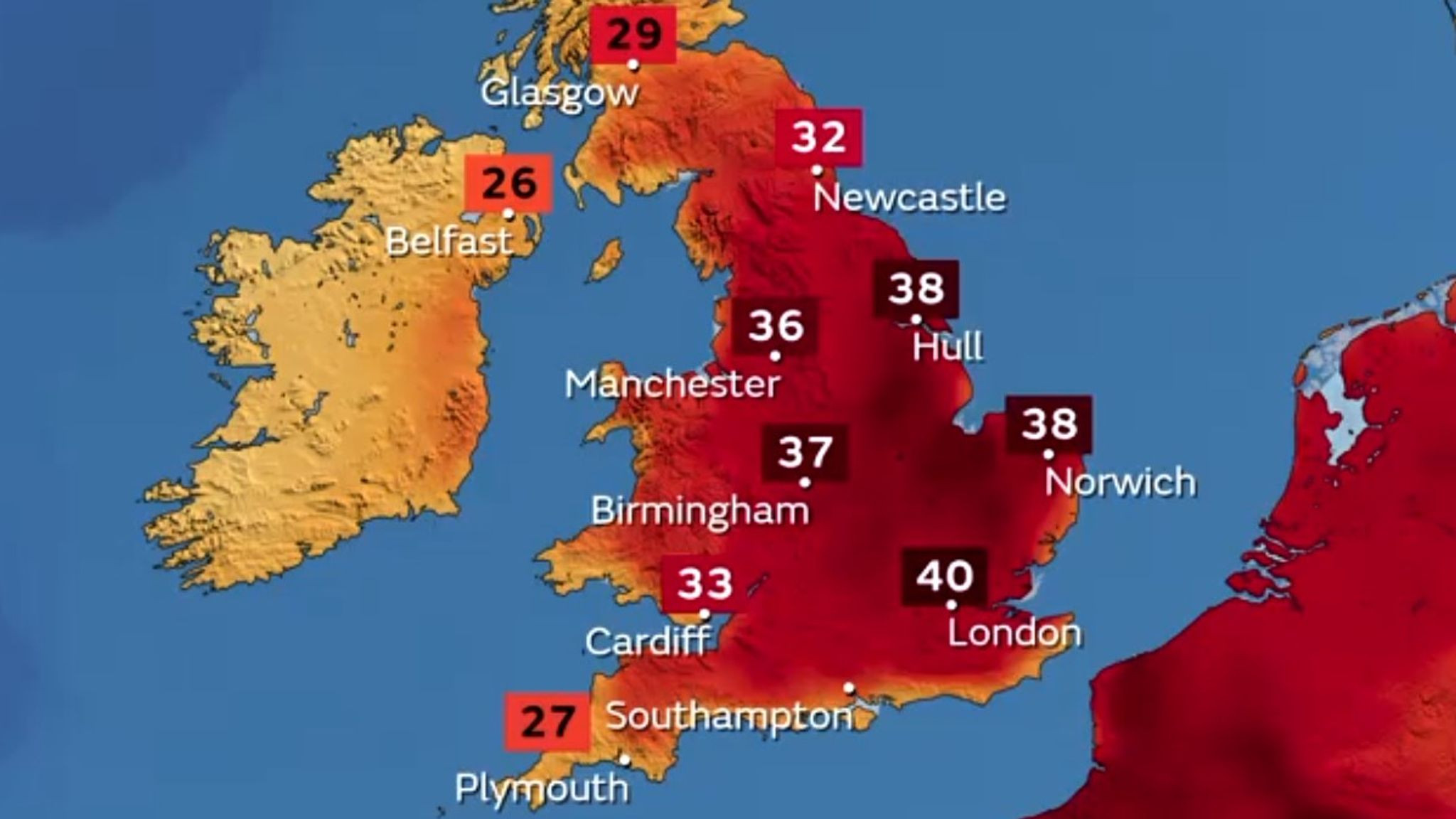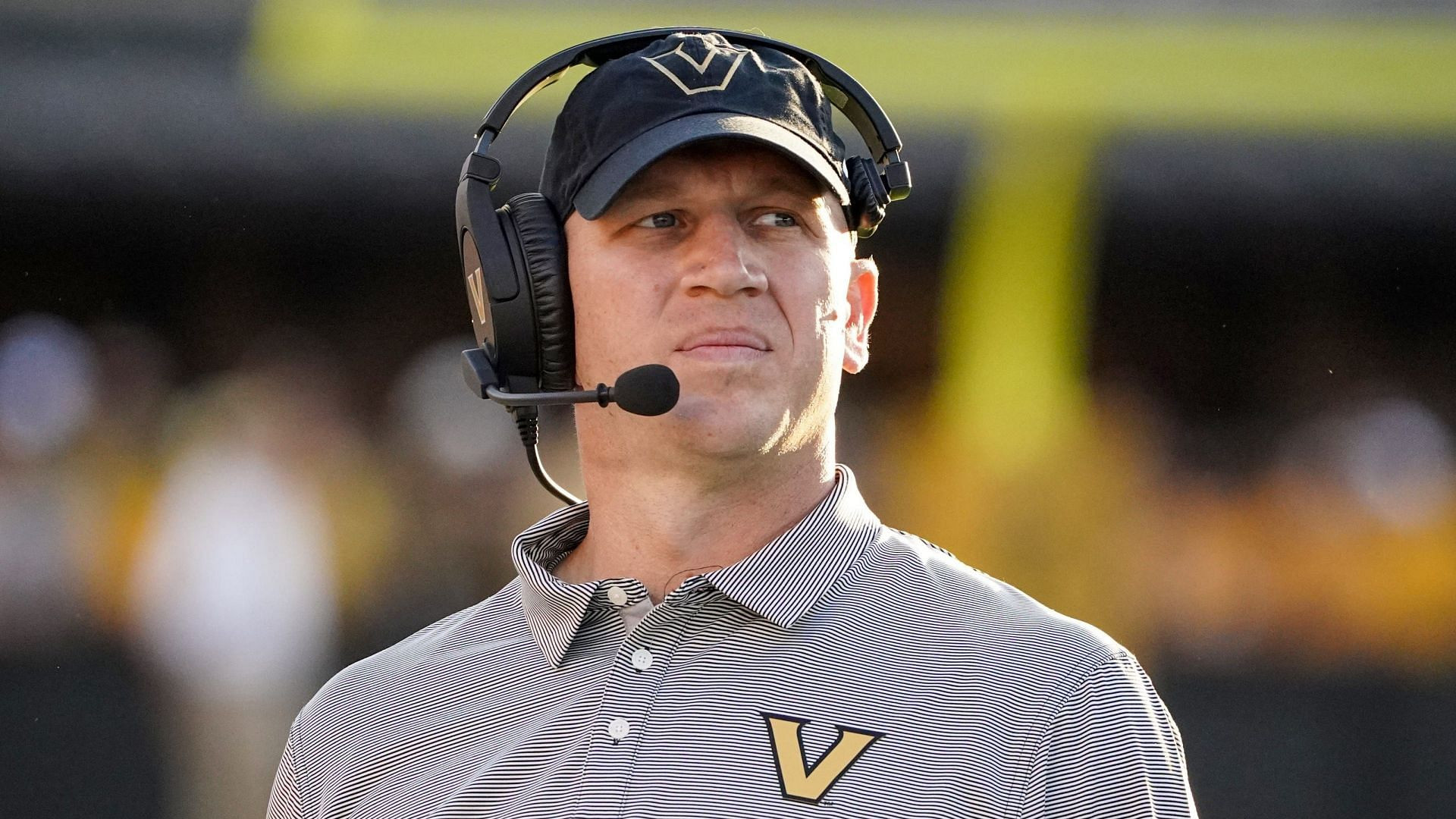Bringing Light to a Community After Decades of Darkness
The Federal Government of Nigeria, through its Rural Electrification Agency (REA), has taken a significant step toward providing electricity to underserved communities. On Saturday, the government commissioned a 40kWp solar hybrid mini-grid in Rafinzurufi Community, Gwagwalada Area Council, in the Federal Capital Territory, Abuja. The project, which was executed under the Rural Electrification Fund’s Call Two program, brings an end to decades of darkness in the community.
A Catalyst for Socioeconomic Transformation
The commissioning of the mini-grid was met with widespread jubilation among the residents of Rafinzurufi. The Minister of State for the Federal Capital Territory, Dr. Mariya Mahmoud, highlighted the transformative potential of the project, stating that it will drive socioeconomic development in the community.
"Beyond the illumination of a vibrant community such as Rafinzurfi, there is no doubt that the men, women, and children in this community will now experience socioeconomic transformation like never before. Electricity is a catalyst, and access to sustainable electricity creates opportunities and possibilities for previously unconnected citizens. This is why the work being done in rural communities by the REA further shows that the Federal Government of Nigeria is keen on leaving no one behind in the delivery of its developmental programs,” she stated.
Ensuring Sustainability: A Community-Led Approach
While the government is committed to providing electricity to underserved communities, the REA understands the importance of sustainability. To ensure that the solar project in Rafinzurufi remains operational, the agency plans to establish a Rural Electrification Cooperative Society. This society, which will comprise indigenes of the community, will be responsible for the project’s maintenance and ensuring its longevity.
The Executive Director of the Rural Electrification Fund, Doris Uboh, explained the rationale behind the community-led approach, stating, “If you give it for free, that means you want this place to collapse because you won’t be able to sustain it. And the sustainability plan, like we said earlier on, is to inaugurate a committee… that will be made up of indigents from this community. They will be trained on how to handle minor maintenance on the panels.”
A Beacon of Hope for Rural Development
The commissioning of the solar mini-grid in Rafinzurufi has been met with widespread praise from various stakeholders. The CEO of NAYO Tropical Technology Limited, Anayo Okenwa, the project’s developer, highlighted the project’s impact on reversing rural-urban migration and attracting new investments to the community.
“This project has reversed rural-urban migration. The community is expanding, and we can see the kind of development electricity brings. We look forward to the expansion of the project. We want to thank the Rural Electrification Agency for their support to us and for the development of electricity projects across the country,” Okenwa remarked.
A Symbol of the Government’s Commitment to Rural Development
The Etsu of Rafinzurufi, Yunusa Musa, expressed his gratitude to the Federal Government for its commitment to rural development. He stated, “This project has now made us believe in the promises of the Federal Government. Indeed, this is a sign that the Government has not forgotten the rural people of this country.”
A Community’s Promise to Protect its Future
The residents of Rafinzurufi have pledged their full support to ensure the safety and security of the solar mini-grid. The community leader stated, “Already the plan is that we will have the vigilantes who are protecting the solar house. Nothing will happen to it. Because day and night they are watching it.”
The commissioning of the 40kWp solar hybrid mini-grid in Rafinzurufi is a testament to the transformative power of electricity and a beacon of hope for other underserved communities in Nigeria. The project exemplifies the government’s commitment to rural development and highlights the importance of community involvement in ensuring the sustainability of such initiatives. With the community’s unwavering support, the solar mini-grid in Rafinzurufi will undoubtedly bring about a brighter future for the residents, paving the way for a more prosperous and equitable society.

















